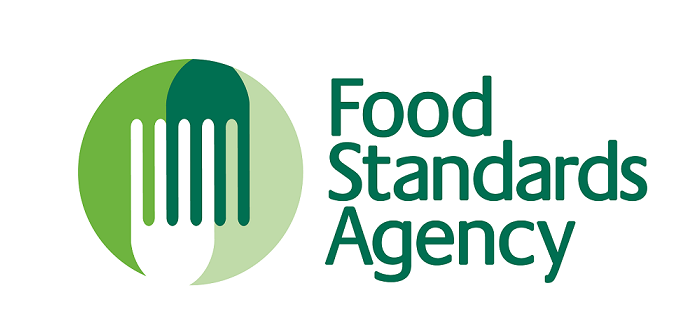The Food Standards Agency (FSA) is set to decide its “role and responsibilities” in relation to helping reduce the threat of emerging antimicrobial resistance (AMR) and has published its proposals on the issue ahead of its next Board meeting, which is due to be held on July 13.
“The emerging resistance of microbes to antimicrobial agents, including those critically important for human therapy, is a significant global threat,” it is stated in the introduction to an FSA paper on AMR which has been prepared by the agency’s director of policy, Steve Wearne, for presentation to the Board meeting.
“There are gaps in the evidence and our knowledge and it is not possible to determine with certainty the contribution that use of antimicrobials in agriculture is making to this issue. However, there is an increasingly robust consensus that unnecessary use of antimicrobials in animals and agriculture is a significant concern, and that minimising the unnecessary and inappropriate use of antimicrobials is an essential component of global strategies to safeguard antimicrobials that are critical for treatment of serious human infections.”
It’s against that background, that the FSA Board will be asked on July 13 to adopt the following proposals from Mr Wearne:
- Agree that contributing to efforts to reduce the threat of emerging antimicrobial resistance is aligned with the statutory function and strategic objective of the FSA to “protect public health from risks which may arise in connection with the consumption of food, including risks caused by the way in which it is produced”.
- Agree that, in defining and developing the FSA contribution to UK Strategy objectives on improving knowledge and supporting stewardship, we will act on behalf of consumers’ interests relating to food safety and the sustainability of food production and consumption, working with others to encourage the improvements in animal husbandry and biosecurity that will underpin a reduced and more prudent use of antimicrobials in food production animals.
- Agree that, in executing the FSA contribution to the UK Strategy we will be clear about our role and responsibilities.
The paper then lists the following potential FSA activities:
- to partner with others, acting where we can leverage activity or add value in terms of delivering benefits for consumers, particularly where our role is distinct from those of other partners;
- to seek out and bring to bear consumers’ voices, their interests as consumers and citizens now and in the future, and the opportunities for them to act;
- to exploit our capability in bridging agricultural production and public health interests: making the case for action; convening and participating in influential discussions within government, more widely, and internationally; being clear on what is expected of producers, retailers and other players in the food system;
- to be guided by our strategic objective of providing greater transparency on business standards, including for example the incorporation of criteria for reducing antimicrobial usage within assurance schemes, to incentivise rapid and more comprehensive improvement, support innovation and reward responsible businesses – as well as better informing and empowering consumers.




